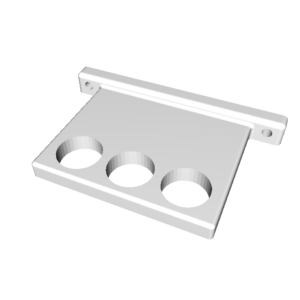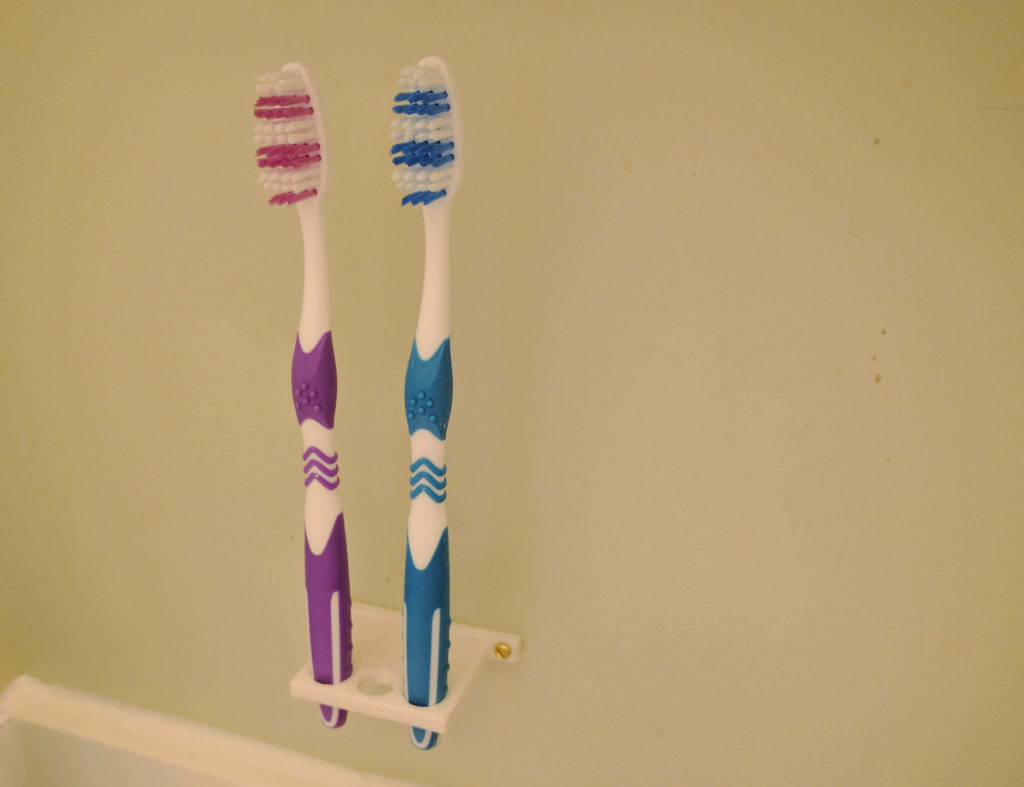tl;dr: show me the fix plz thx
Did your sound also just quit working in Fedora 23 or other Linux distribution? You are not alone. My sound issues seemed to line up with an unclean shutdown performed courtesy of my foot. First I thought I corrupted my Gnome profile, but looking in the Sound settings panel, I saw no output devices.
No output devices? My computer audio was working this morning. I’ve never heard of an integrated sound card getting damaged in an abrupt shutdown either – it just doesn’t make sense. So it had to be a Linux oddity.
Out of sheer curiosity, I tried uninstalling PulseAudio. I should still be able to get sound with just ALSA, yet this step had no effect.
Specifically, I have a Gigabyte GA-78LMT-USB3 motherboard with a quad-core 4.2 GHz AMD CPU, 16GB of RAM, and a Crucial SSD. If you also have the GA-78LMT-USB3 motherboard you likely have the same sound chipset as me – the Realtek ALC892 / ALC887. My first search now that I knew the chipset turned up this 2014 forum post. However, most of that is just bug reporting and trying several things that did not work.
It wasn’t until I found this Ask Fedora question that I got my solution. Simply creating a .conf file in /etc/modprobe.d with the following contents was sufficient to restore my audio functionality completely:
options snd_hda_intel single_cmd=1
options snd_hda_intel probe_mask=1
An effective one-liner to perform this fix would be as follows.
echo "options snd_hda_intel single_cmd=1\noptions snd_hda_intel probe_mask=1" > sudo tee /etc/modprobe.d/intel_hda_fix.conf
Cheers!
Update: an earlier version of this post referenced “snd-hda-intel” instead of “snd_hda_intel.” Underscores are the appropriate character here and dashes will not work.

